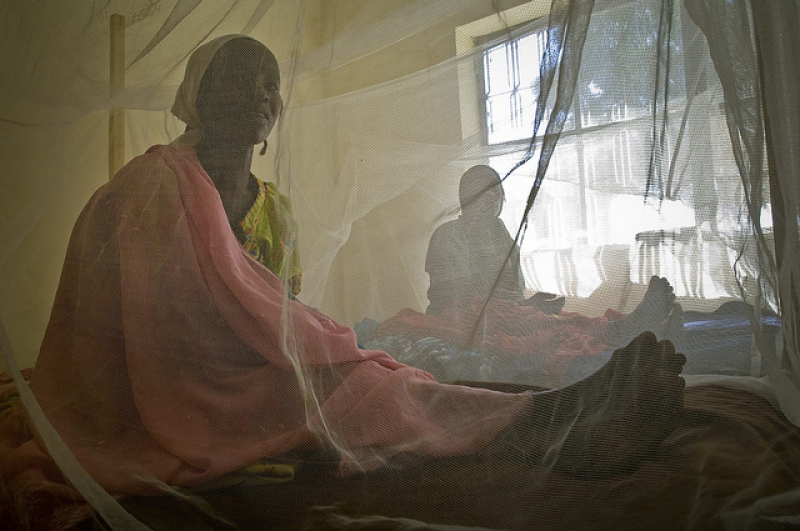

Mosquito nets have been pivotal in the prevention of malaria.
The World Health Organization reported on Tuesday that deaths caused by malaria have dropped by half since 2000. According to the report, the global malaria mortality rates dropped by 47 percent, while it dropped by 54 percent in Africa.
Malaria is a disease that affects individuals in 97 different countries. It is a mosquito-borne illness that has claimed millions of lives throughout the years.
Dr. Margaret Chan, the Director-General of the World Health Organization, stated that the cut in mortality rates is an impressive and encouraging accomplishment; it is proof that "the world is continuing to make impressive progress in reducing malaria cases and deaths."
"These tremendous achievements are the result of improved tools, increased political commitment, the burgeoning of regional initiatives, and a major increase in international and domestic financing. WHO is grateful for the engagement and long-standing commitment of the global health community, and inspired by the growing desire to accelerate efforts towards malaria elimination," she wrote in a foreword.
Efforts to prevent malaria have reduced the incidence of malaria in the world by 30 percent, and in Africa by 34 percent. The total number of individuals infected with malaria dropped from 173 million in 2000 to 128 million in 2013, a 26 percent decrease.
Africa, the most impacted region, has dramatically improved its ability to prevent malaria. In 2013, 49 percent of the African population had access to insecticide-treated mosquito nets; only 3 percent had access in 2004.
Dr. Chan shared that with the current trends, 55 countries will reduce their "malaria burden" by 75 percent.
The success, Dr. Chan warns, does not leave room for complacency. "Most malaria-endemic countries are still far from achieving universal coverage with life-saving malaria interventions; many biological and systemic challenges threaten to slow us down," she said.
Malaria has the ability to transform, and therefore develop resistance to drugs; the World Health Organization has reports of parasitic drug resistance in 5 different countries. Further, mosquitos have the ability to develop resistance to insecticides; 49 different countries reported parasitic insecticide resistance to at least one insecticide between 2010 and 2013.
Inadequate funding is also an issue. Although total funding has increased threefold to $2.7 billion since 2005, it remains short of the recommended $5.1 billion for global malaria prevention and elimination.
"Recent progress in reducing the human suffering caused by malaria has shown us that, with adequate investments and the right mix of strategies, we can indeed make remarkable strides against this complicated enemy. We should act with urgency and resolve, and remain focused on our shared goal: to create a world in which no one dies of malaria, a world entirely clear of this scourge," said Dr. Chan.



















